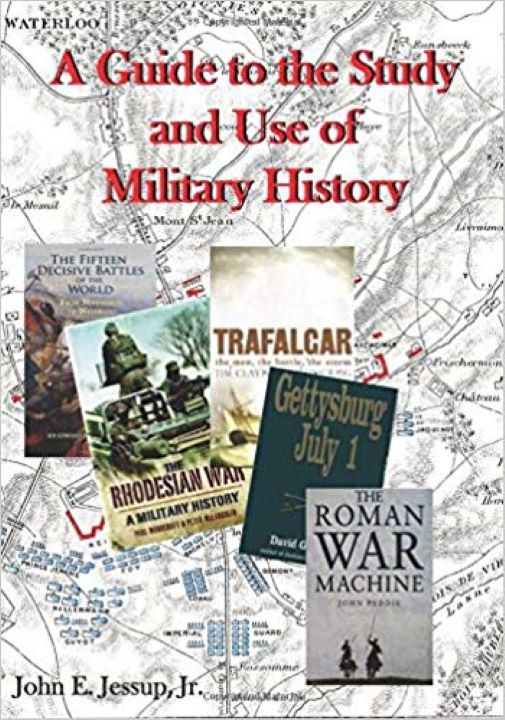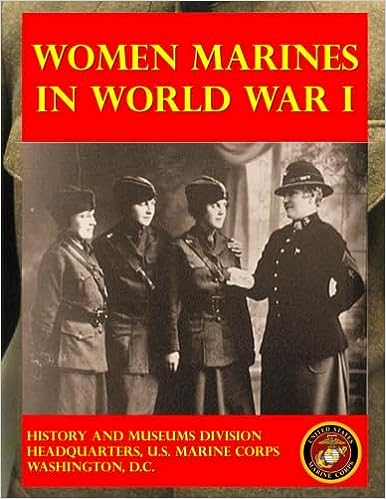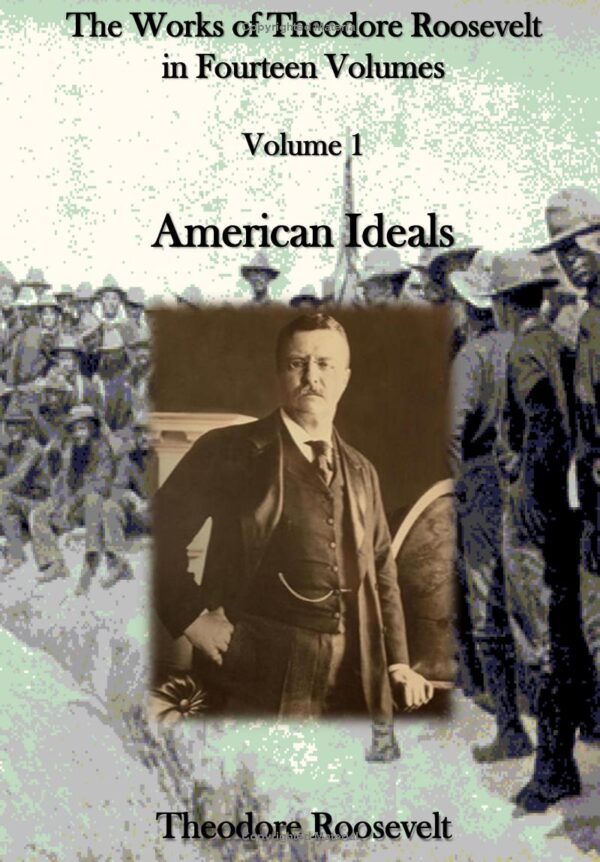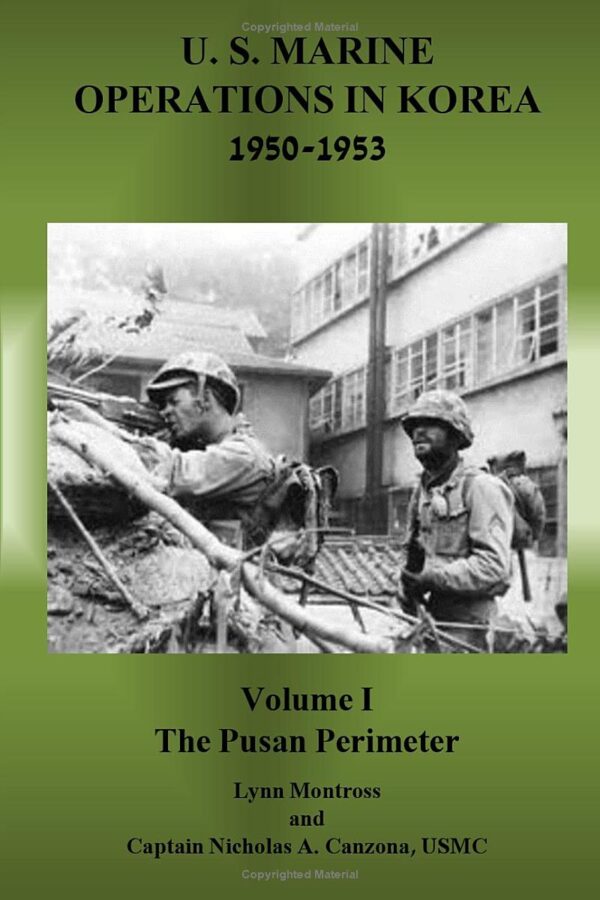From the author . . .
On 6 June 1944, as the allied forces began the invasion of Normandy. General George S. Patton. Jr., wrote to his son, then a cadet at the United States Military Academy, that “to be a successful soldier. you must know history,” The number of similar pronouncements from noted military figures. including Napoleon. is almost endless and the basic refrain is the same-to understand the present and to prepare for the future the study of history is vital. This applies most particularly to those who lead men in battle. As Marshal Foch wrote, “no study is possible on the battlefield. one does simply what one can in order to apply what one knows,” Despite vast changes in technology since World War II, the combat leader may still learn much from the study of past battles and campaigns. Weather, terrain, and intelligence of friendly and enemy dispositions, for instance, are as important today as in the days of Alexander, Frederick the Great, and Napoleon; human reactions in combat remain relatively constant. Before a reader embarks on the study of military history, he may well ask about the nature of the historical discipline of which it is a part. What is history? Why and how study it? In the swiftly changing world of the 1970s with newspapers, radio. and television pouring out a constant stream of information and news that competes for his attention, why should the reader concern himself about the past? Is the past dead? Is it useful or relevant to the present? Does it have anything to teach? Is history more than a collection of dates and events entombed in a dull textbook that taxed the reader’s memory in his school days? By what standards can he judge the merits of historical writings and the contributions of historians? To answer these questions, it is necessary to understand what history is about. what its relations are with other disciplines, how it is written, what purposes and uses it serves, and how the field in general has developed.
526 pages





